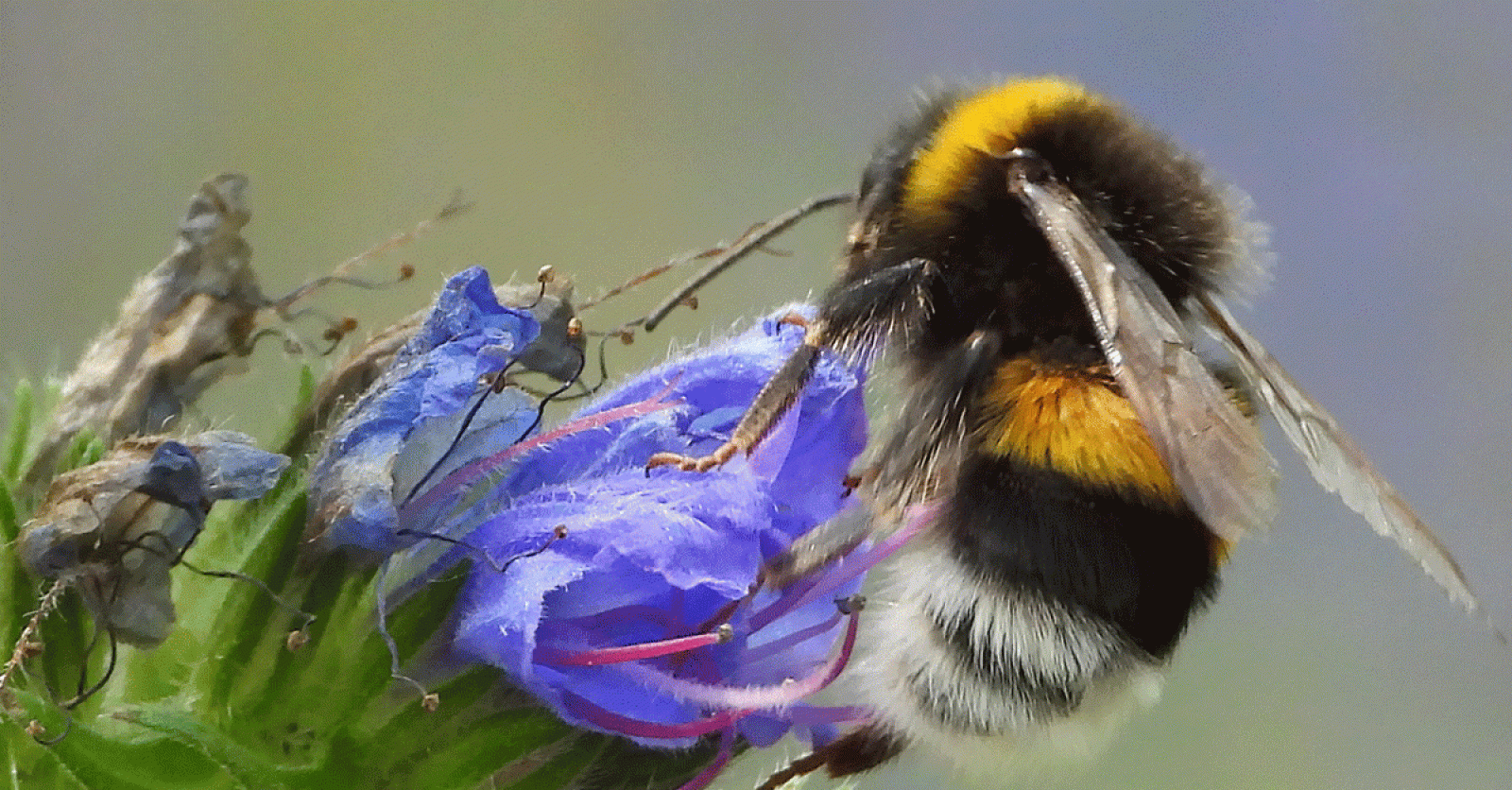
“Belgium could become a battleground for bumblebees.”
Scientists from various Belgian universities expect a further decline in European bumblebee numbers. According to a study published in a scientific journal nature A large proportion of non-threatened European bumblebee species will lose 30 percent of their suitable habitat by 2061-2080. The study was conducted by scientists from VUB, ULB, UMons, UCL and KU Leuven.
The study predicts that between 32 and 76 percent of non-threatened European bumble bee species will lose nearly a third of their suitable habitat by 2061-2080, compared to 2000-2014. Historical data from different observation periods between 1901 and 1970 were used.
“Based on 400,000 observations, we looked at where bumblebees still exist in large enough populations today,” says co-author and VUB climate scientist Wim Thierry. “Based on this data, we identified the ideal habitat for each bumblebee species using artificial intelligence.”
It turns out that the most suitable biotopes today are in the Alps, Benelux, Germany, the United Kingdom, Denmark and Poland. Warmer regions, especially in southern Europe, appear to be less suitable.
A strong decline can also be observed between the periods 1901-1970 and 2000-2014. “But things can go from bad to worse.”
(Read more below the preview)
To enhance future prediction, several possible future scenarios were used, based on the degree of climate change, land use, fossil fuel dependence, deforestation and intensive agriculture. “In the most pessimistic scenario, we see that potential survival areas for bumblebees will be limited to a few places, especially in Scandinavia and the Alps.”
The Benelux region will become a battleground in this scenario. “In the most optimistic scenario, with an immediate halt to the burning of fossil fuels and no further deforestation, we may still be able to avoid the end of the bumblebee in central Europe.”
“Wild bees and bumblebees are extremely important for pollinating wild plants as well as food crops. Habitat degradation and climate change are the main causes of the global collapse of wildlife populations, and there is growing evidence that the erosion of biodiversity will accelerate in the coming decades,” the authors said in the study.
The researchers concluded that further conservation measures must go hand in hand with strong global policies aimed at reducing human impact on these important pollinators. At the same time, considerably tighter landscape management regulations are needed at national and continental levels.
But above all, scientists say it shows the urgent need to phase out the burning of fossil fuels as quickly as possible. “This is only possible if we all decide to stay within the terms of the Paris Climate Agreement and actually make it happen,” Terry concludes.

“Travel enthusiast. Alcohol lover. Friendly entrepreneur. Coffeeaholic. Award-winning writer.”
